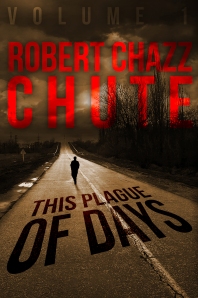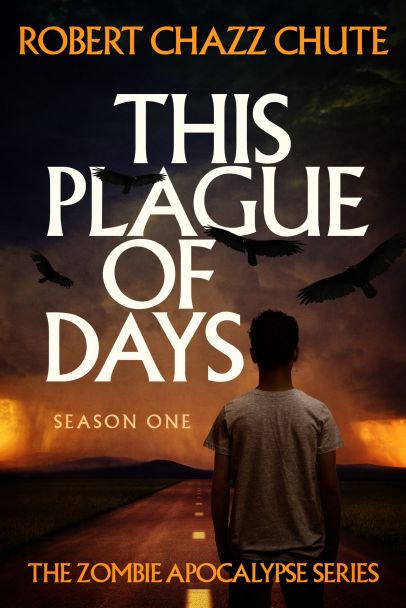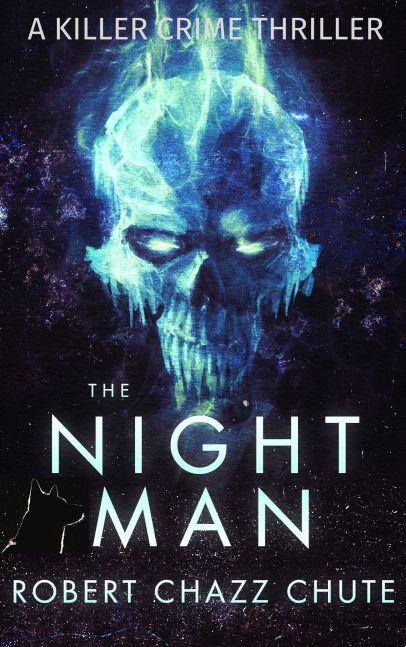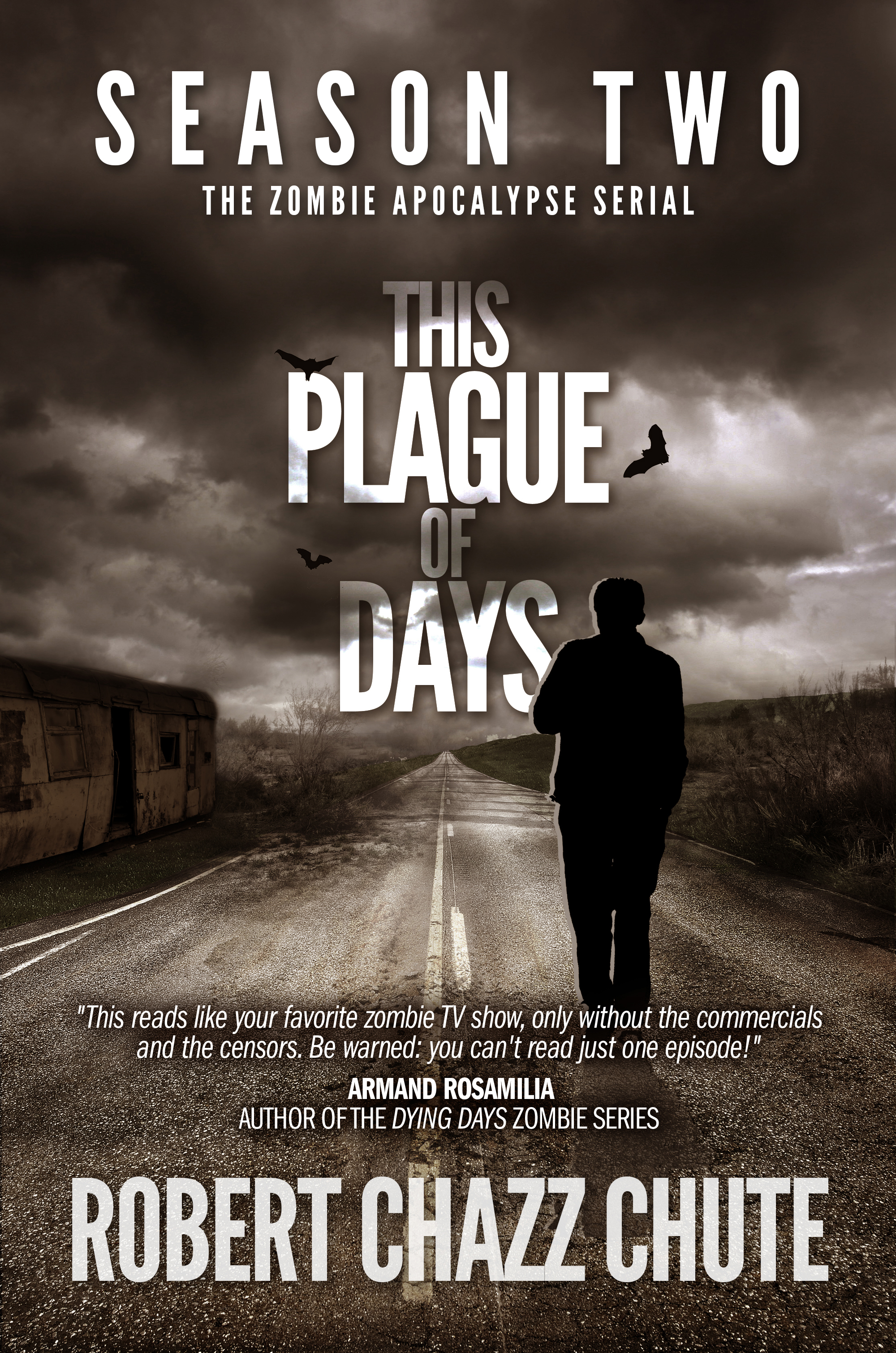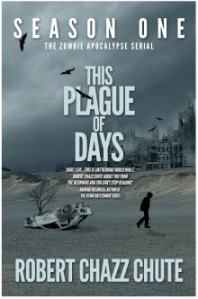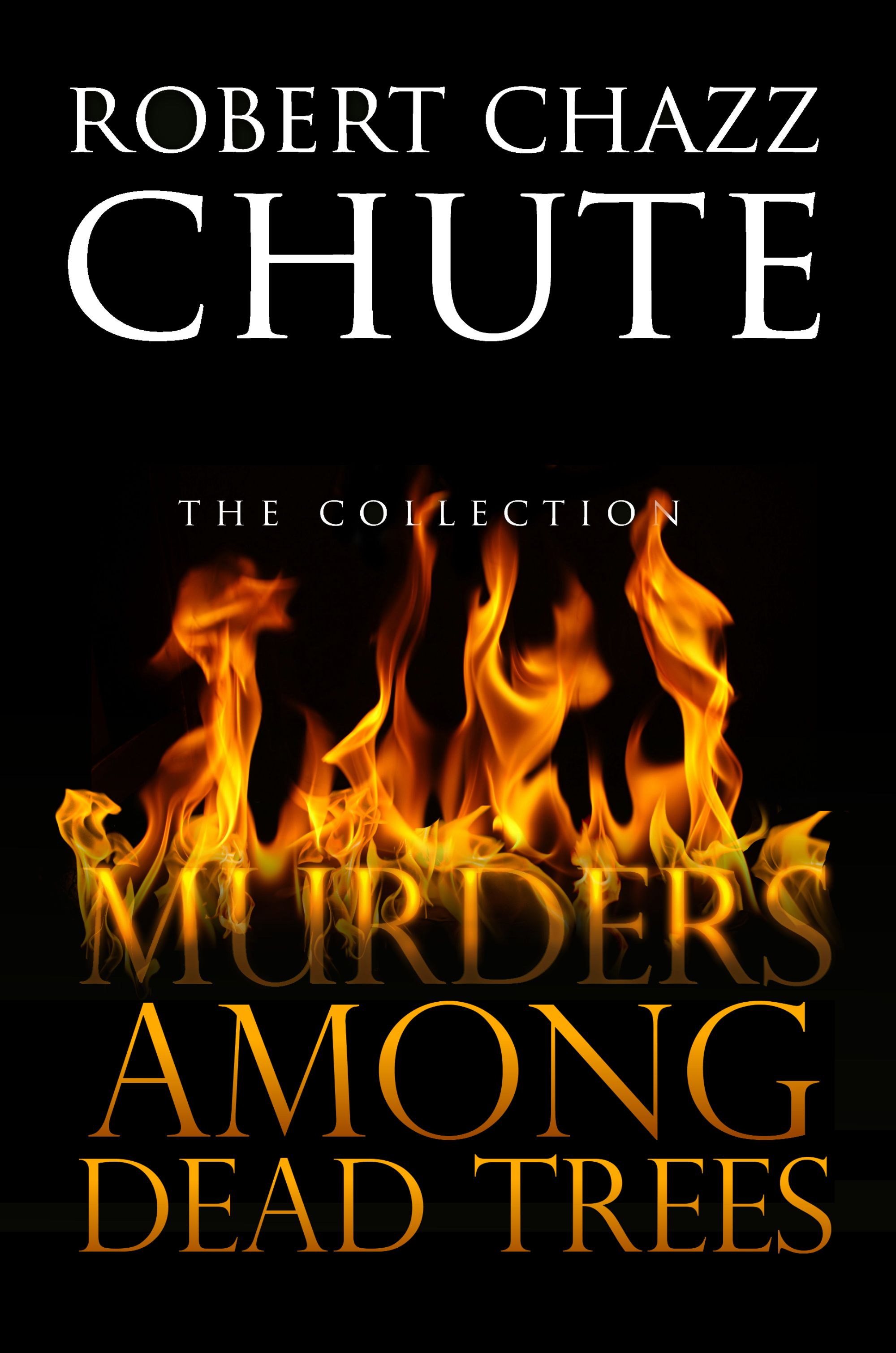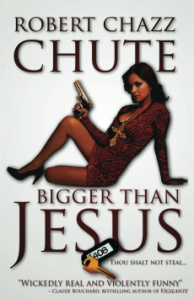
Image via Wikipedia
Certain grammar guidelines have changed. The classic one everyone knows is the death of the split infinitive rule. When I was a kid, some teachers were still strict grammarians on this point. I call that generational inertia (wherein one espouses the rules of the previous generation even though old rules no longer apply. Generational inertia shows up everywhere but has been particularly egregious in the publishing industry on the subject of digital books. (Chazz now dismounts from the usual hobby-horse and goes on with dead grammar rules. Ahem.)
William Shatner singlehandedly killed the split infinitive rule in the late 60s. At the opening of the original Star Trek, it was he who spoke the immortal split infinitive: “To boldly go where no man has gone before!” Patrick Stewart updated the phrase over the opening credits of Star Trek: The Next Generation with “To boldly go where no one has gone before!” The captains of the Enterprise changed things up from the proper, traditional (and stiff): “To go boldly.” After Star Trek, everyone eased up and some grammarians will still tell you that was an early sign of the decline of civilization.
Heavy-handed grammarians amuse me. Sometimes it seems like they fetishize the rules without respecting the point: effective communication. Usually traditional rules serve us well. However, rules shouldn’t get in the way of creativity just as expression shouldn’t get in the way of communication.
When expression doesn’t respect the reader’s right to clarity, it better be doing so intentionally for a particular effect. For instance, Michael Ondaatje or Maya Angelou write in complex skeins that require double espresso and a very quiet room to appreciate. Chuck Palahniuk wrote Pygmy in a distinctly ungrammatical style so you see America through the odd mind of a tiny immigrant assassin who speaks English as a second language. (That worked great for me though, usually, if something isn’t clear it’s probably because it sucks.)
I once heard an ancient grammarian with a very plummy British accent (it was as if Central Casting sent over The Stereotypical English Professor) complain about how fast and loose modern teenagers were with language. (He brought to mind Socrates whining about “these rotten kids today!”) Plummy Accent Guy spoke as if he wanted to freeze the language at about 1901. But languages are organic. (Look! I just started a sentence with a conjunction! My eighth-grade teacher would rap my knuckles with a ruler right about now.) Conventions change and grow and a mid-eighteenth century grammarian would be appalled at Plummy Accent Guy’s use of language. (They’d also cringe at my overuse of the parenthetical in this paragraph but to make a stale subject even vaguely entertaining, I think it works. So there.)
Just last summer I watched an author wring his hands over texting. “Text abbreviations dumb kids down,” he said. Yeah? I don’t think there’s any real scientific support for that view and he came off sounding stuffy and quaint. Kids are reading more than they ever did, they’re just doing so on screens. It’s not that they are losing the English language. It’s that they are learning another text-based language.
True, our literacy rates are awful. But that doesn’t mean drumming old grammatical rules into kids is the cure. Things change. School programs used to spend a lot of time teaching beautiful handwriting. If you’ve ever seen letters from before mid-last century, much of the handwriting looks so precise in its swoops and curls you’d be forgiven for thinking it was produced by a machine. However, elegant calligraphy is out. I loved it and my calligraphic pens made note-taking on intolerable subjects more interesting but it’s gone with the art of letter writing. Even simple handwriting isn’t a high priority in the educational system, either. The way the world has gone, teachers want to move on quickly to teaching kids how to type and cursive writing is a low priority. Your kids will be able to write with a pen but they’ll probably write by hand in block letters.
Lots of old assumptions are out. In fact, studies show that, despite what your momma told you, spelling isn’t all that important. Try this: Can you raed tihs snetnce? You can probalbly raed tihs amlst as fsat as you wold nromally raed. Studeis sohw taht as lnog as teh fisrt letr and teh lsat letr are corect, yuo wll unerdstnd my maening prefctly.
And people mistype ‘teh’ for ‘the’ so often,
it’s been suggested ‘teh’ should be an accepted alternative to ‘the.’
Remember, for a very long time there was no universal standard for spelling so Old English spelling was all over the map. There were no dictionaries so our greatest philosophers spelled idiosyncratically and phonetically. I’m not proposing we spell poorly. I’m saying ease up on rules whose basis is somewhat arbitrary.
The key for grammar rules now is: Respect the writer’s voice and the reader’s mind. And time. That’s right. Time. Serial commas are out (unless you need to keep them in particular sentences for clarity.) Serial commas often introduce pauses and separation where none are needed. If I write “apples, oranges, and plums,” I’m not letting the conjunction ‘and’ do its work. The reader doesn’t need the comma before the ‘and’ because the reader gets it.
Same with the conjunction ‘but’: “He chose the oranges and apples, but not the plums,” contains a pause after apples that you don’t need. You can do it if you want, but that’s a different point I’ll slap down five paragraphs hence. (Also, unless you’re trying to strike a particularly arch tone, stop using hence, boon and behooves. Old words die and new ones are born every day. Stop keeping outmoded words on life support as if they’re a regular part of the lexicon. It annoys your reader if it’s apparent you’re using a thesaurus or if you expect them to run to a dictionary every few paragraphs.)
Stop throwing fits over verbed nouns. I’ve heard stick-up-the-butt English majors grouse about ‘Google’ as a verb (still! Really!) And some still haven’t gotten over impact as a verb. Let this impact you: Nouns become verbs because books shouldn’t use humans. It’s supposed to be the other way around as long as we’re at the top of the food chain and until our robot overlords rise to sentience.
Also, lose the double space after the period. That’s a holdover from typing class when people used typewriters. There are far fewer typing teachers now. Instead computer programs like Mavis Beacon Teaches Typing do that job. (And now they call it keyboarding class, by the way, presumably because it’s not just about the letter and number keys anymore. It’s about keyboarding shortcuts and formatting.) From a design perspective, the double space after the period leads to what are called rivers in the text, distracting routes of white space that pull the eye down instead of across the text. (Okay, Elmore Leonard still uses a typewriter. If you’re Elmore Leonard, do what you want. If you’re Elmore Leonard, you can strangle a hobo on live TV and just about everyone would forgive you.)
Design questions sometimes factor into grammatical decisions. For instance, at Five Rivers — the publishing company for whom I’m Editor-at-large — we put spaces around em dashes (like I just did.) Lorina Stephens, the publisher, likes that look. It gives an airy look to the text on the page. For ’emphasis’ of a word, single quotes are used where I might otherwise switch to italic. As long as it’s consistent, makes sense and makes Lorina and her authors happy, it’s right. Internal consistency rules.
Have you read a book without quotation marks yet? I read Suckerpunch last year (a mostly excellent YA novel, nothing to do with the coming movie.) No quotation marks. I didn’t miss them a bit.
With the wave of more self-published books, you’re going to see more rules loosened. Grammar is supposed to be the servant, not the master. As the self-published author, you’ll set the rules you prefer for your book (hopefully with respect for the reader’s mind and time.) The Chicago Manual of Style is an excellent standard to fall back upon, as is AP Style. For language quirks and questions, you can’t go wrong with Eats, Shoots and Leaves and the Grammar Girl book and podcast.
Just remember that grammar rules are made by humans. They can and will change.
As long as your preferences are logical and consistent, you can get creative with your book in ways that would outrage strict grammarians.
BONUS:
Please don’t ask me to edit your book if all the dialogue is dialect. This is my personal preference and it has been done effectively, of course. However, it’s such a slow read, I have to say it just annoys the shit out of me and I am not up to that task!
Please do write a book in the second person. I loved Bright Lights, Big City and, with that notable exception (from the 80s!), traditional publishers have pretty much bricked ‘You’ away behind their arrogant Wall of Acceptability. If you’re indie, you can do it without asking for a gatekeeper’s permission.
Please do put your novellas and short stories up for sale. E-books are a perfect venue to do what paper can’t: bring back the power of short form fiction!
Take a risk. I recently edited a novel coming out from Five Rivers that combined a novel with a screenplay format. It works.
Suck on that, Mrs. Wilson!
And don’t be comin’ round heah wid no ruler or
Ah’ll rap y’knuckles so hard y’eyes’ll bleed.
Filed under: authors, Books, DIY, ebooks, Editing, Editors, getting it done, grammar, publishing, Rant, rules of writing, Writers, writing tips, chuck palahniuk, English language, grammar, Grammar Girl, grammar rules, grammarians, Michael Ondaatje, Patrick Stewart, Star Trek: The Next Generation, William Shatner
